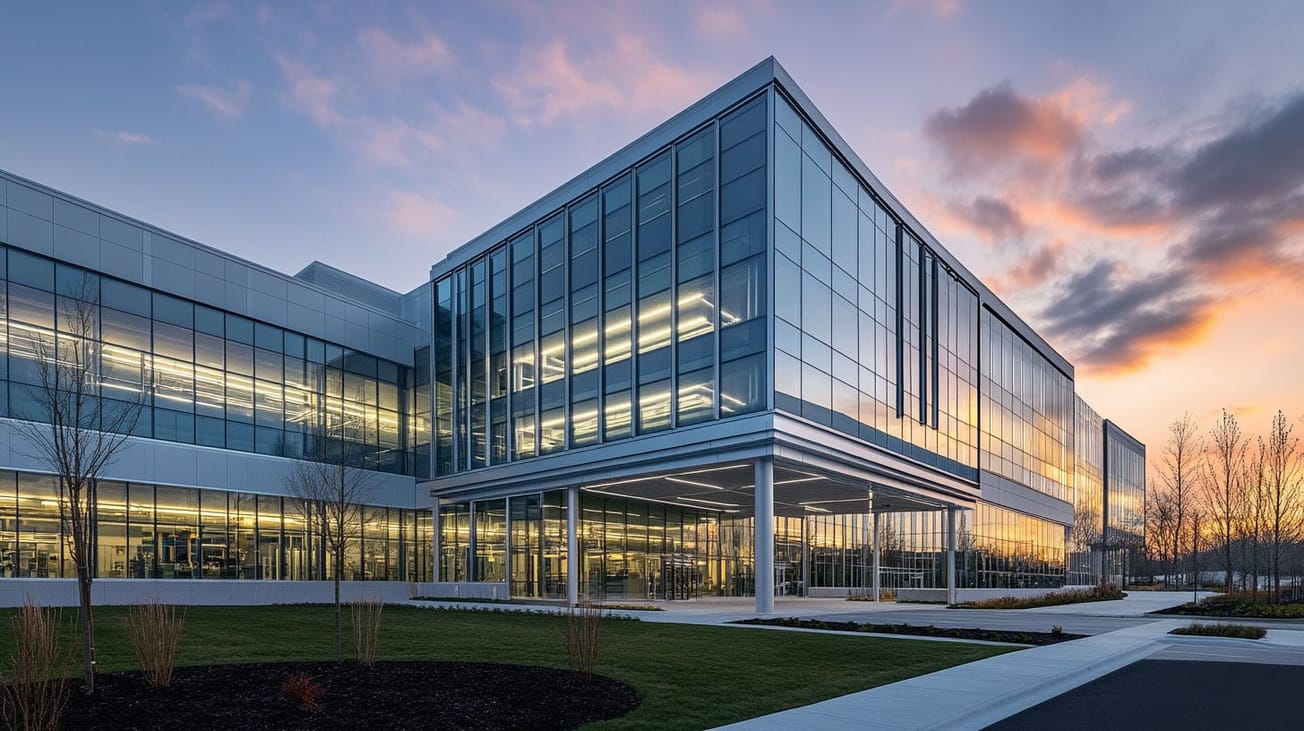Lyft has taken a significant step towards the widespread commercialization of autonomous vehicles for large fleet operators by teaming up with self-driving and ADAS technology provider Mobileye. The rideshare giant, known for its commitment to embracing electrification with a pledge to go 100% electric by 2030, is now venturing into the realm of autonomous driving.
Mobileye, an ADAS specialist based in Israel with over two decades of experience in the segment, brings a wealth of knowledge and expertise to the table. By equipping Lyft's vehicles with Mobileye Drive technology and integrating their new cloud-based AV demand system, Lyft aims to connect these autonomous vehicles with fleet operators, paving the way for a future where self-driving cars are no longer just a futuristic concept but a reality on our streets.
As the autonomous vehicle landscape continues to evolve, companies like Wayve are also making strides in the development of self-driving software. Wayve's CEO, Alex Kendall, highlighted the challenges of testing autonomous vehicles in the US, noting the differences in road regulations compared to the UK where their software was initially trained. This adaptation to new rules of the road demonstrates the flexibility and adaptability of Wayve's AI model, essential qualities for the success of driverless cars in diverse environments.
In a market dominated by players like Waymo, which boasts extensive commercial deployments and millions of driverless miles under its belt, the quest for fully autonomous transportation services is gaining momentum. However, as the industry witnesses advancements, concerns around safety and regulatory frameworks come to the forefront.
To address these issues, states like Kentucky are proactively establishing rules and guidelines for self-driving vehicles, including setting requirements for safety plans and liability insurance. Such measures are crucial to ensuring that autonomous vehicles operate safely alongside conventional human-driven ones, ultimately enhancing road safety and efficiency.
Meanwhile, companies like Plus are pushing the boundaries of autonomous technology by testing supervised autonomous trucks on roads in Sweden and Texas. With the goal of surpassing human driver safety standards, these initiatives underscore the potential benefits of integrating autonomous vehicles into our transportation networks.
Partnerships between tech giants like Lyft and Mobileye, coupled with ongoing innovations from startups and established players in the autonomous vehicle space, signal a promising future for self-driving cars. While there are still hurdles to overcome, such as regulatory compliance and safety concerns, the collective efforts of industry stakeholders are propelling us closer to a world where autonomous vehicles are not just a possibility but a prevalent mode of transportation.





